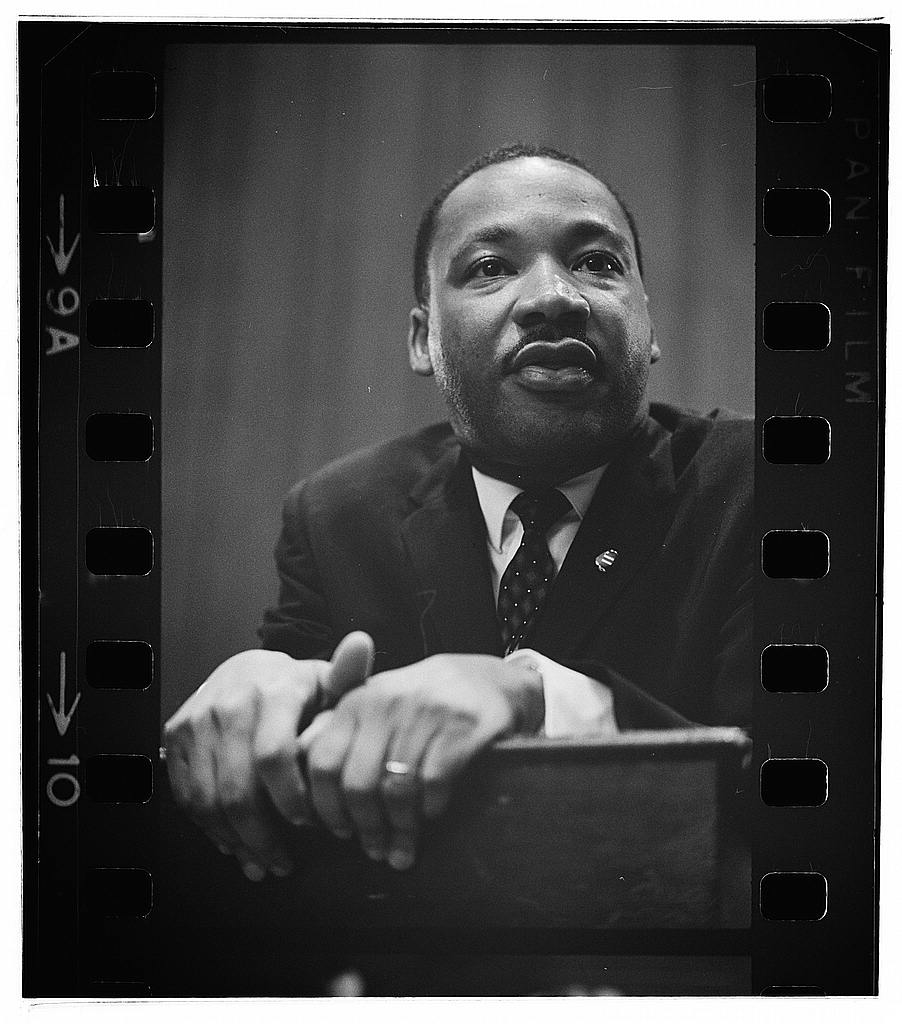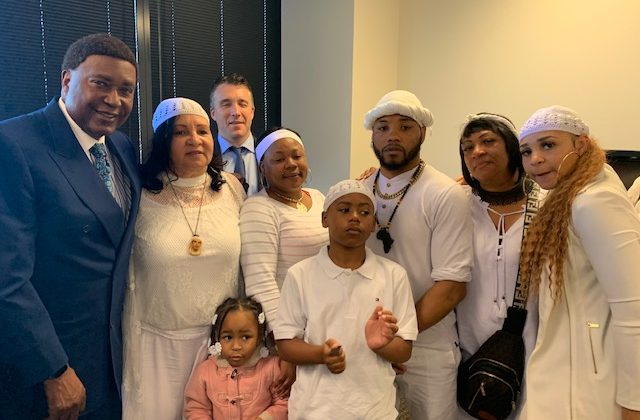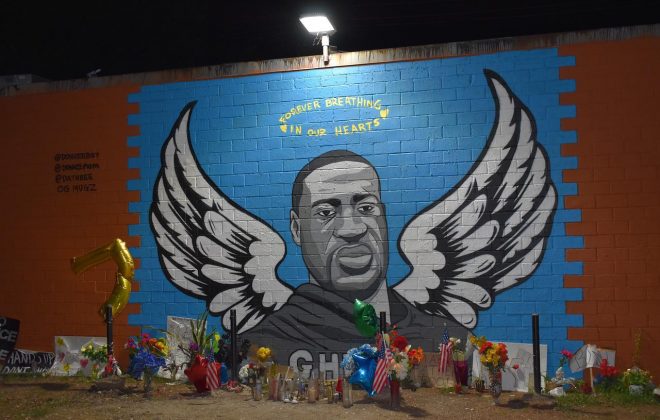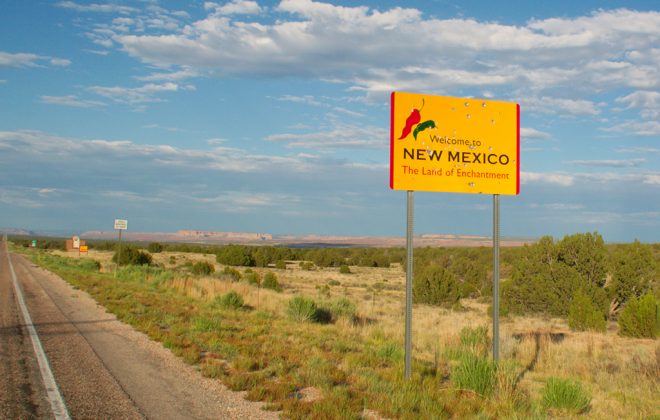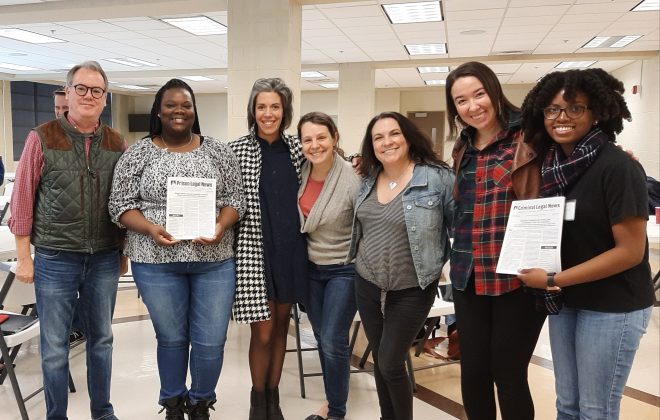Martin Luther King Jr. & the Surveillance of Black Activism
Today, as we honor the legacy of Martin Luther King, Jr., we remember that his demands for civil rights were deemed “subversive” by the federal government and” a threat to national security,” grounds on which the FBI would surveil him from the time of the Montgomery bus boycott until his assassination in 1968.
In the decades leading up to their surveillance of MLK, the FBI had expanded its role and authority. When President Franklin D. Roosevelt directed the FBI to investigate “subversives” in the United States, Congress passed a series of laws widening the scope of federal crimes which fell under the Bureau’s jurisdiction. During World War II, the FBI was further authorized to investigatethreats to national security.
It was under these two wide and subjectively defined categories that the FBI began its surveillance of the civil rights movement and its leaders. With King and many Black activists, the FBI commonly cited ties to communism as grounds for concern, while the true root of the government’s concerns lay in any Black challenge of institutional power.
Today, the exceptional power of law enforcement to subjectively define which groups and individuals constitute a threat has only grown, and so has access to immunity when state actors violate civil rights.
9/11 provided law enforcement with another inflection point to expand their ability to spy on law-abiding private citizens. In 2001, President George W. Bush authorized the National Security Agency to launch a warrantless wiretapping program. In 2008, Congress ratified and expanded that program, giving the NSA near unchecked authority to monitor Americans’ international phone calls and emails. Five years later, the Supreme Court dismissed the ACLU’s suit challenging the law.
In recent years, the federal government used planes to track Black Lives Matter protests after Freddie Gray was murdered by Baltimore police. In the wake of public outcry over the police killing of George Floyd, the Drug Enforcement Administration requested and obtained permission to “conduct covert surveillance” and collect intelligence on protesters.
Activism or protest is popular movement driven by everyday people concerned for their rights, and it is crucial we pay attention to government surveillance of citizens who engage in these activities, particularly in communities that are persistently targeted as “dangerous” and over-surveilled.
This past year, in our brief for ACLU of Pennsylvania v. Pennsylvania State Police, we argued for transparency in police policies around social media surveillance, as an area ripe for potential abuse and legal violations due to the exceptional power police are granted over the lives and liberty of everyday people.
Today, as we honor the life and work of Dr. Martin Luther King, Jr. we remember that the same federal government that memorializes him with a national holiday is the force which deemed his life work “a threat to national security” and continues to target those Black activists working today to carry out his legacy.
Below are organizations we admire working to limit and counter surveillance:
- Anti-Police Terror Project (Oakland, CA) is a Black-led, multi-racial, intergenerational coalition that seeks to build a replicable and sustainable model to eradicate police terror in communities of color.
- CryptoHarlem(New York, NY) works in solidarity with all marginalized people to find ways that technology can be used to empower instead of oppress, including educational resources that demystify hacking, digital hygiene & privacy for organizers & activists.
- Eyes on Surveillance (New Orleans, LA) is a group of community members and organizations working together under two points of unity: 1) Halt the local government’s expansion of surveillance tools such as facial recognition and increase oversight of current government surveillance methods. 2) Work with communities who are targets of policing and surveillance to explore and implement evidence-based community safety options. that dismantle systems of oppression.
- STOP Spying (New York, NY) litigates and advocates for privacy, working to abolish local governments’ systems of mass surveillance. Their work highlights the discriminatory impact of surveillance on Muslim Americans, immigrants, the LGBTQ+ community, indigenous peoples, and communities of color, particularly the unique trauma of anti-Black policing.
—
Image: Library of Congress
Trikosko, Marion S, photographer. Martin Luther King press conference / MST. Photograph. Retrieved from the Library of Congress, <www.loc.gov/item/2003688129/>.
Sources:
“When the FBI Spied on MLK,” The Atlantic
“Amnesty v. Clapper – Challenge to FISA Amendments Act,” ACLU
“DEA Can Secretly Surveil George Floyd Protesters, BuzzFeed News
“FBI Releases Secret Spy Plane Footage From Freddie Gray Protests,” ACLU



